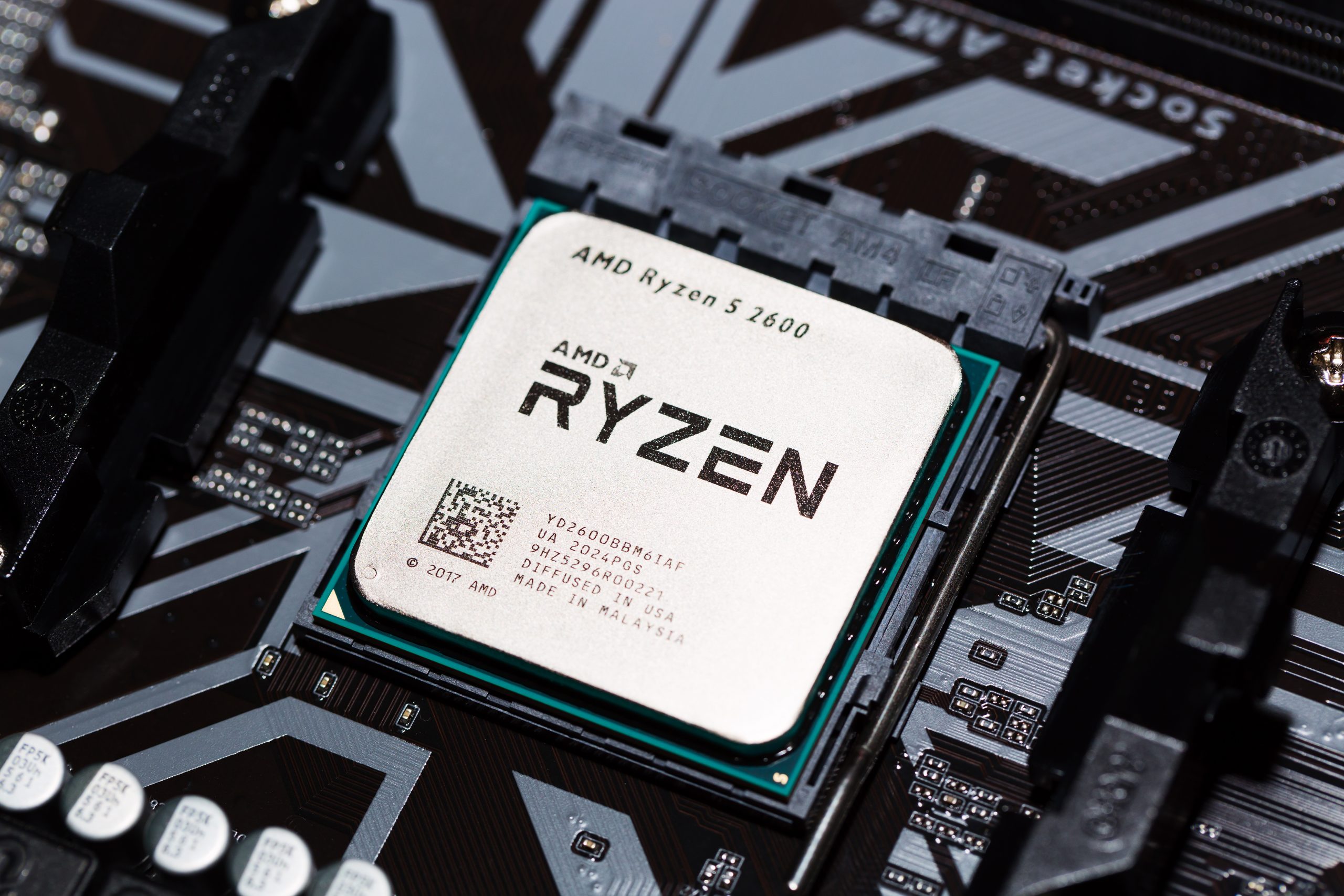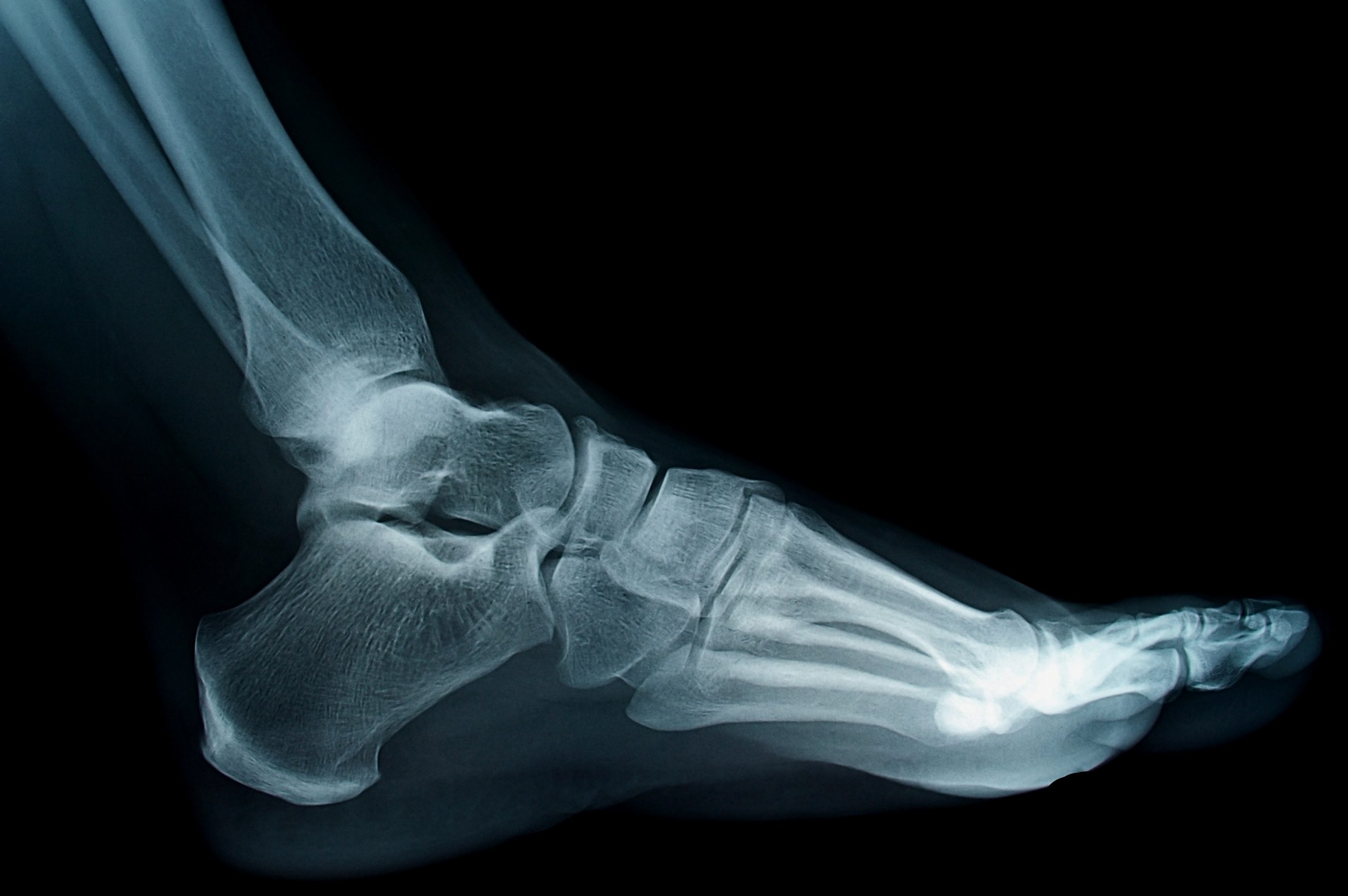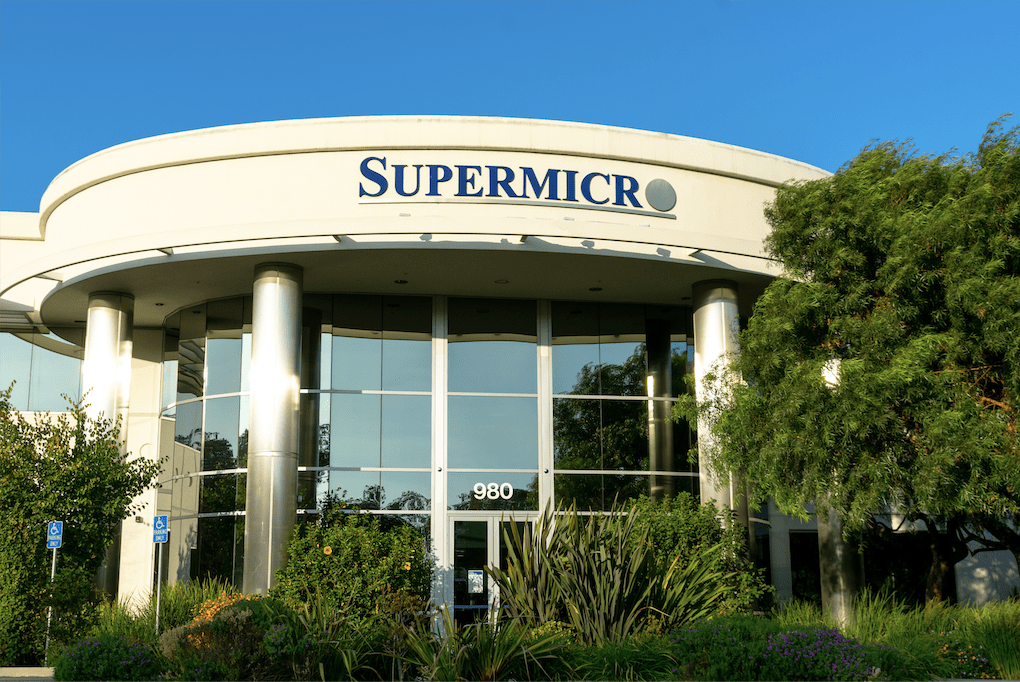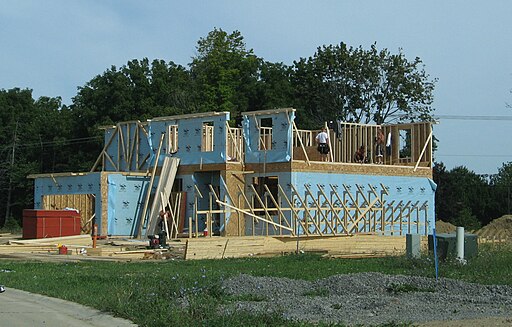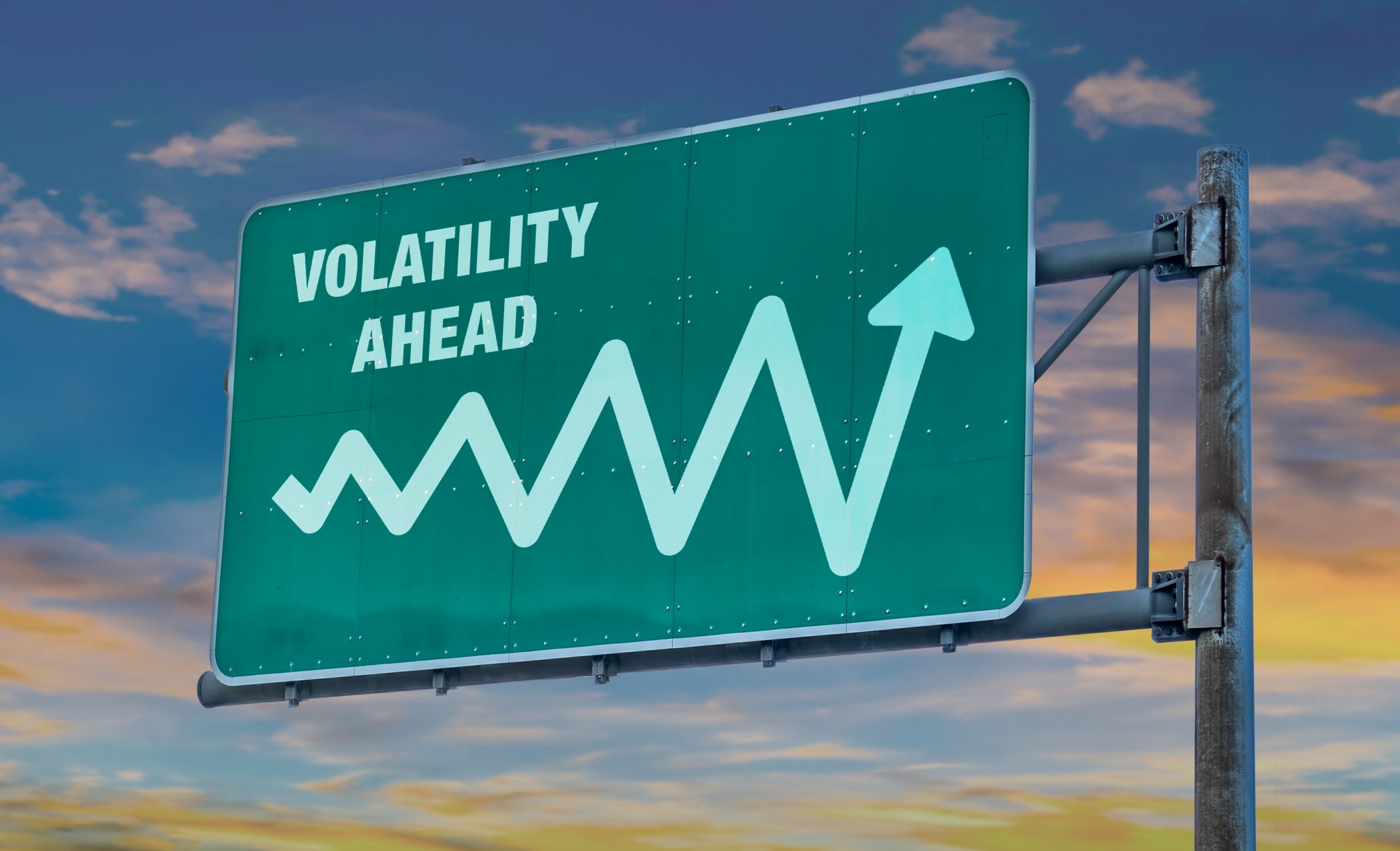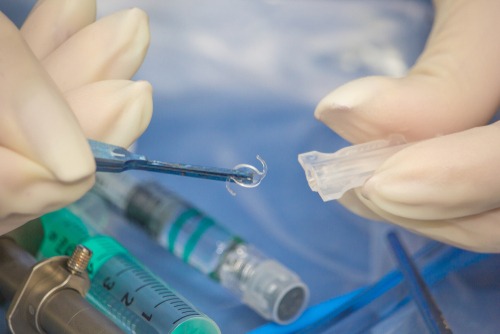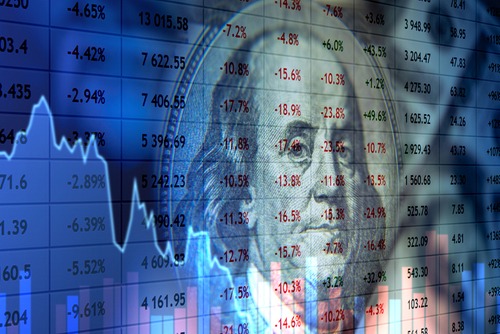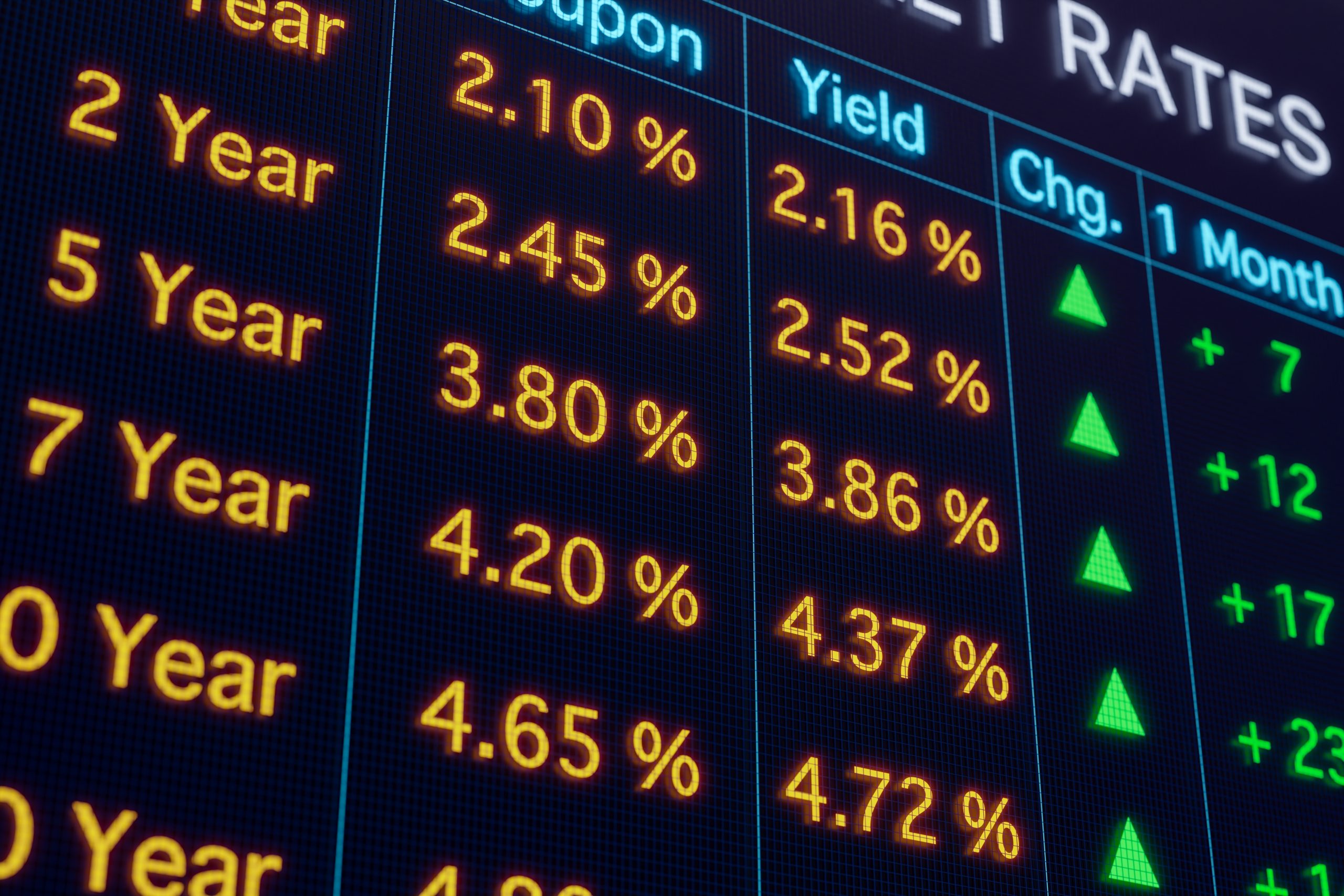Vaccine Trial Results Could Be the ‘October Surprise’
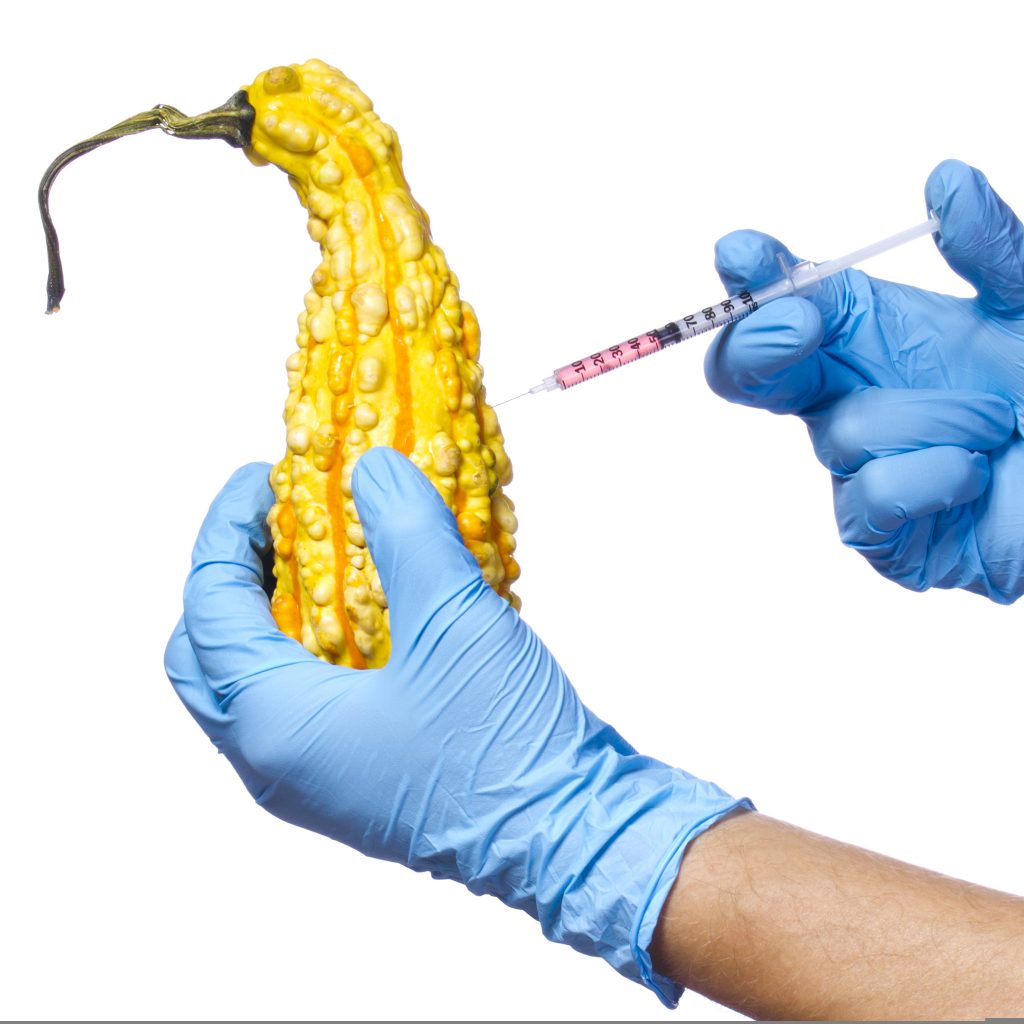
VIX futures indicate an uptick in market volatility in October/November, and not just because of the U.S. presidential election.
There’s another event—with arguably even more gravity—set to hit the markets at about that same time: Phase 3 clinical results from a front-running COVID-19 vaccine candidate, Pfizer et al.
The thing is, the stock market has actually performed well historically when either a Democrat or a Republican has occupied the Oval Office. Since 1945, annual market returns average about 11.2% with a Democrat in office and 6.9% with a Republican in office.
The wrinkle in 2020 is that the pandemic has catalyzed an uptick in mail-in voting. That means it may take longer to tally the Nov. 3 results.
As such, the source of added market anxiety heading into fall may actually be rooted in the same forces that caused the VIX to spike to all-time highs earlier this year: the COVID-19 pandemic.
Unlike presidential elections, which have occurred every four years since 1788, there is no modern precedent for the current public health crisis. It’s been almost 50 years since a global pandemic claimed a million lives—during the “Hong Kong” flu of 1968-1970.
That means there’s no clear blueprint for responding to pandemics like this one. Loved ones are dying, family businesses are imploding, millions are losing their jobs, and even worse, there’s no clear end in sight.
In that regard, the need for a new tool to fight the coronavirus, such as a safe and effective vaccine, is urgent. That’s where the upcoming clinical trial results come into play—an event that’s being referred to as the “October Surprise.”
At some point in late October or early November, possibly around the time of the U.S. presidential election, Phase 3 clinical trial results from one of the world’s leading vaccine projects are due.
The vaccine candidate in question is being developed through a collaboration among Pfizer (PFE), BioNTech (BNTX), and China-based Fosun Pharma. This project constitutes the world’s best chance to produce a safe, viable and trusted vaccine in the very near future.
Optimistic findings from these trials would more than likely signal a strong chance for regulatory approval, and it’s hard to imagine a more earth-shattering development, given the current landscape.
While the results of the November elections in the United States are important and will dictate the direction of the world’s largest economy over the next four years, the overall impact of an approved—and rigorously tested—COVID-19 vaccine seems even more profound.
One must also consider that a disappointment on the vaccine front could be equally devastating. That’s how high-octane binary events traditionally work on Wall Street.
Binary events refer to high-risk investment/trading scenarios with two likely outcomes: one positive and one negative. These usually result in the value of an asset, or group of assets, spiking much higher or dropping off a cliff.
Binary events are typically linked to the development of experimental drugs in the pharmaceuticals/biotechnology sector. Bringing new drugs to market can be a watershed moment for such firms, transforming a small-cap company into a heavyweight overnight.
But when clinical trials fail, the opposite occurs, and stocks usually plummet—often toward zero.
This October, or maybe November, it is increasingly likely that the stock market as a whole may be at risk of experiencing a binary event related to the world’s best chance at near-term vaccine.
If Phase 3 trial results are successful, it’s almost assured investors and traders worldwide would buy stocks and other assets in a fit of euphoria. On the other hand, it’s also easy to see how the market might pound the “sell” button if results from the Pfizer-BioNTech-Fosun group are negative.
The situation is especially tense because one of the other vaccine front-runners, a collaboration between AstraZeneca and the University of Oxford, recently hit a snag.
On Sept. 6, global clinical trials for the AstraZeneca-Oxford vaccine candidate were halted due to adverse effects in a volunteer vaccine recipient. While these trials might ultimately resume, the aggressive timetable for potential approval and distribution of this particular vaccine candidate has been severely impaired.
In terms of vaccine candidates in the United States and Europe, that means the next best hope is the Pfizer-BioNTech-Fosun collaboration. Other vaccine hopefuls—Johnson&Johnson (JNJ), Moderna (MRNA), and Novavax (NVAX)—are several months behind, at best.
With over a million already dead, and the global economy in shambles, a viable vaccine simply can’t be delayed much longer. It would be a beacon of hope and provide the energy and optimism people need to fight on.
There’s so much riding on the “October Surprise” that it’s difficult to name an event in recent memory that even comes close in terms of significance.
To learn more about binary events, readers are encouraged to review a past installment of Market Mindset on the tastytrade financial network. An episode of Market Measures focusing on trading outlier moves may also be of interest.
Sage Anderson is a pseudonym. The contributor has an extensive background in trading equity derivatives and managing volatility-based portfolios as a former prop trading firm employee. The contributor is not an employee of luckbox, tastytrade or any affiliated companies. Readers can direct questions about any of the topics covered in this blog post, or any other trading-related subject, to support@luckboxmagazine.com.



